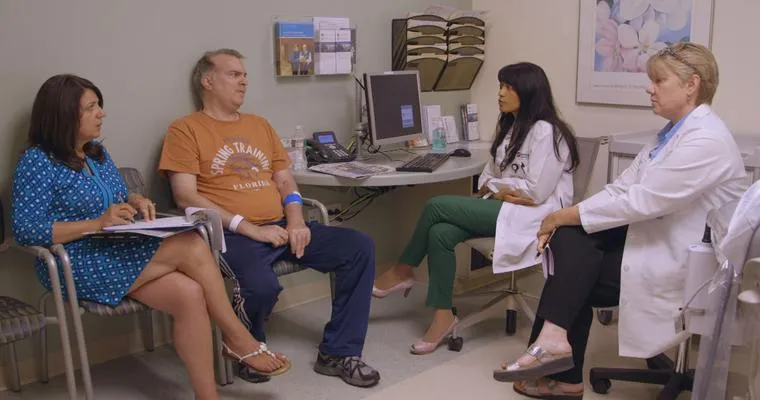When faced with a terminal illness, patients often find themselves navigating a complex emotional and medical landscape. Conversations with healthcare providers become crucial as they seek clarity and support. Here are "five important topics" that terminal patients typically want to discuss with their doctors, focusing on their needs for understanding, comfort, and dignity.
1. Prognosis and Treatment Options
One of the primary concerns for terminal patients is understanding their "prognosis". They want to know how much time they might have left and what to expect in the coming weeks or months. Additionally, discussions about available "treatment options" are vital. Patients often seek clarity on the benefits and side effects of various therapies, as well as whether pursuing aggressive treatments is worth the potential impact on their quality of life.
2. Palliative Care and Pain Management
Another significant topic is "palliative care" and effective "pain management". Terminal patients want to ensure that their discomfort is addressed and that they can maintain a manageable level of pain as they navigate their illness. They often inquire about different pain relief methods, including medications and alternative therapies, to enhance their overall well-being during this challenging time.
3. Emotional and Psychological Support
The emotional toll of a terminal diagnosis can be substantial. Patients frequently seek guidance on accessing "psychological support" and counseling services. They want to discuss their fears, anxieties, and feelings of isolation, and they often appreciate recommendations for support groups or mental health professionals who can help them cope with their situation.
4. End-of-Life Planning
As patients confront their mortality, discussions around "end-of-life planning" become increasingly important. This includes conversations about advanced directives, living wills, and preferences for "hospice care". Terminal patients want to ensure that their wishes are respected, and they often seek their doctor's advice on how to navigate these sensitive topics with family members.
5. Legacy and Meaningful Conversations
Lastly, terminal patients often wish to discuss their "legacy" and what it means to them. They may want to talk about how they would like to be remembered and the values they hope to pass on to their loved ones. These conversations can provide a sense of closure and purpose, helping patients reflect on their lives and the impact they have had on others.
In conclusion, open communication between terminal patients and their doctors is essential. By addressing these five topics—"prognosis", "palliative care", "emotional support", "end-of-life planning", and "legacy"—healthcare providers can help patients navigate their journey with compassion and respect, ensuring they receive the care and support they truly need.





